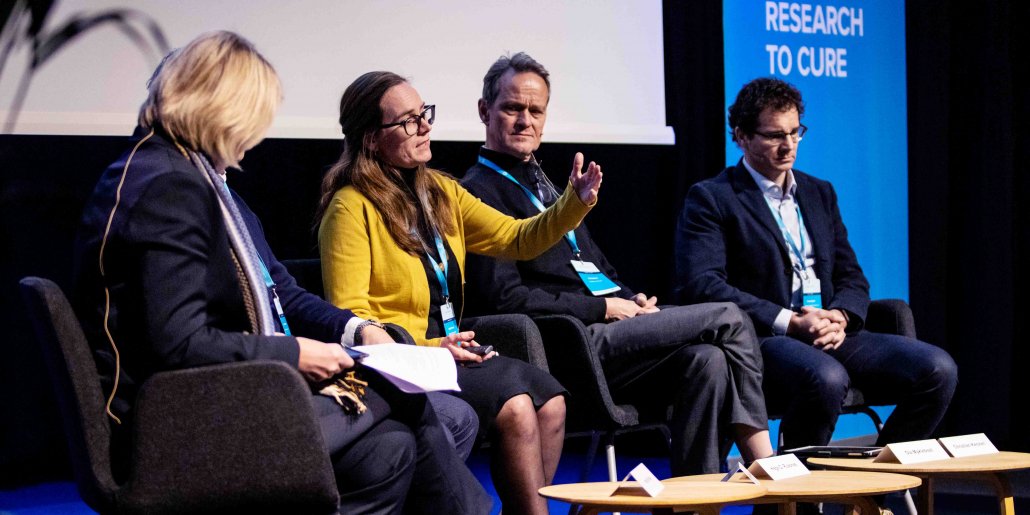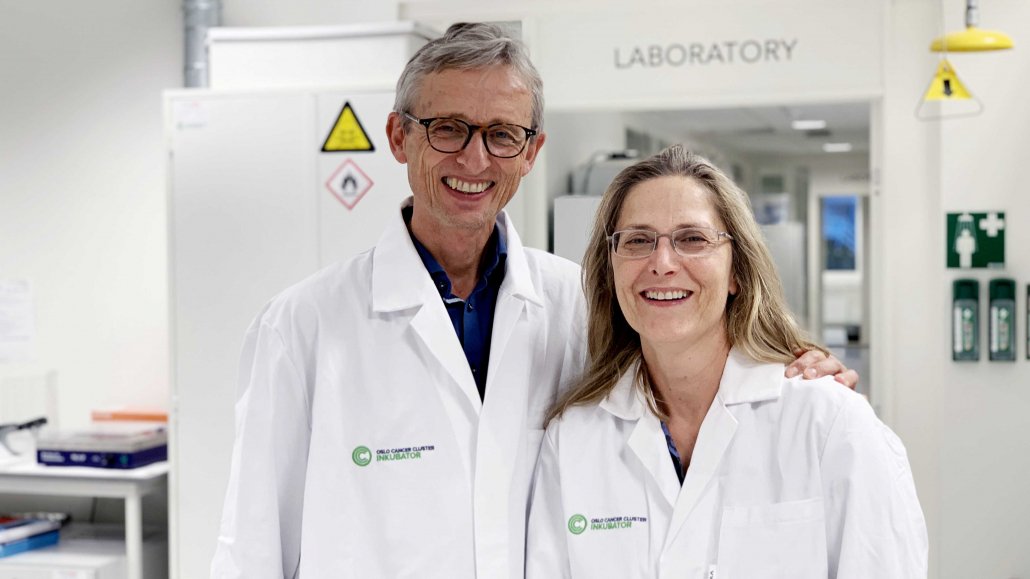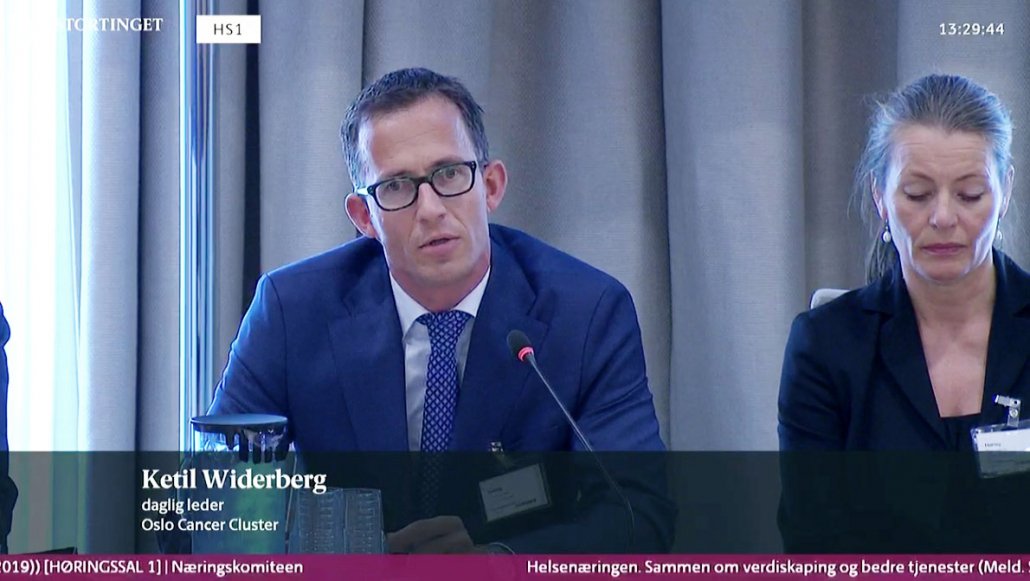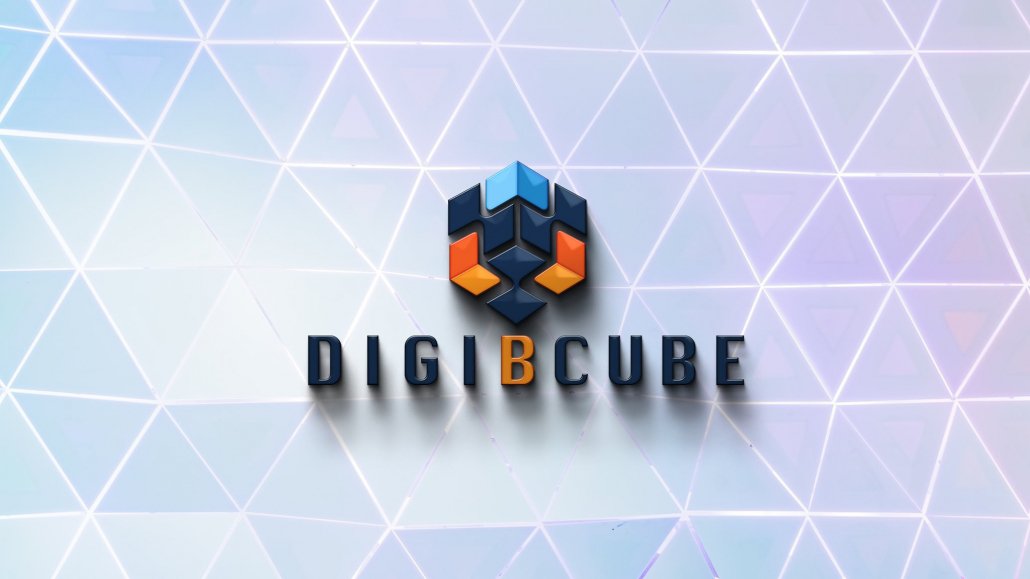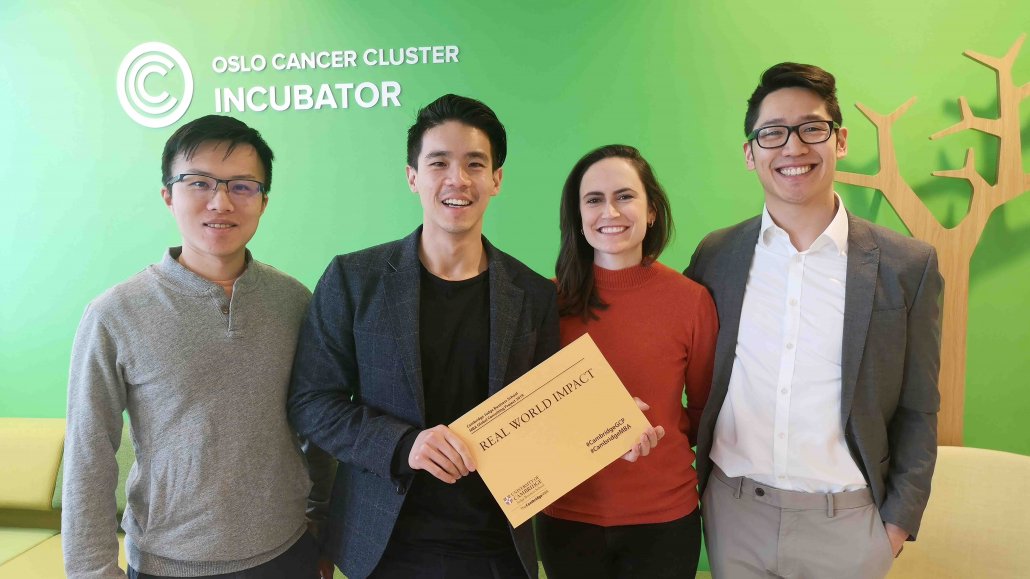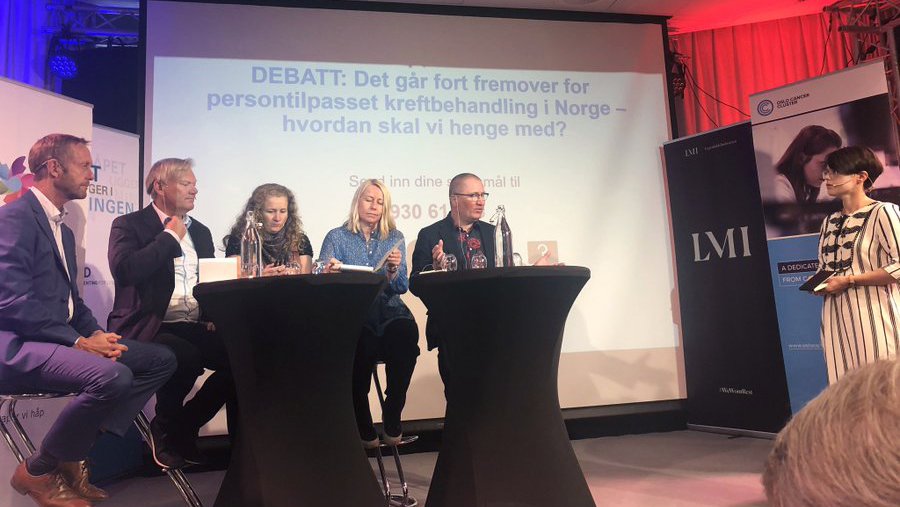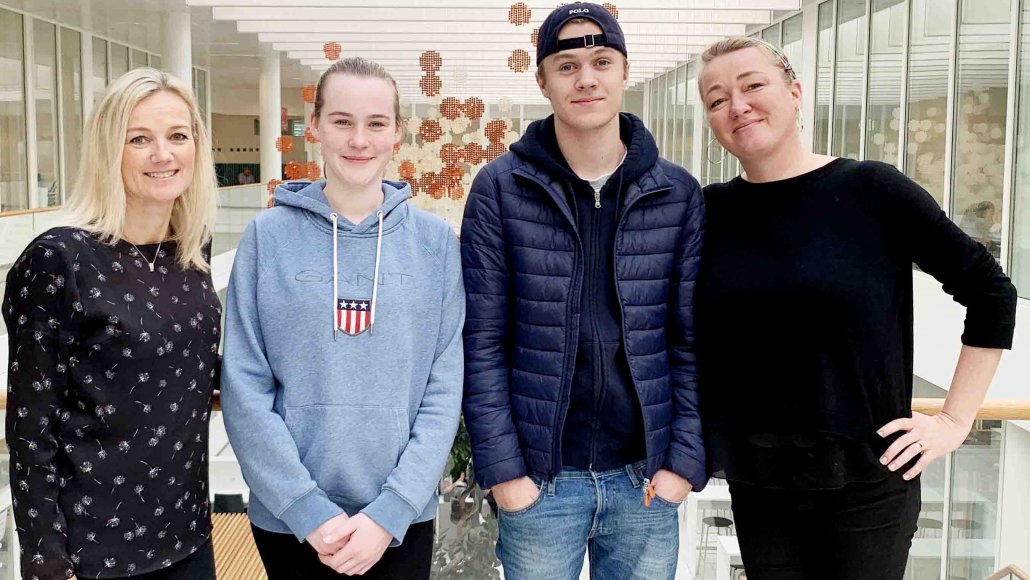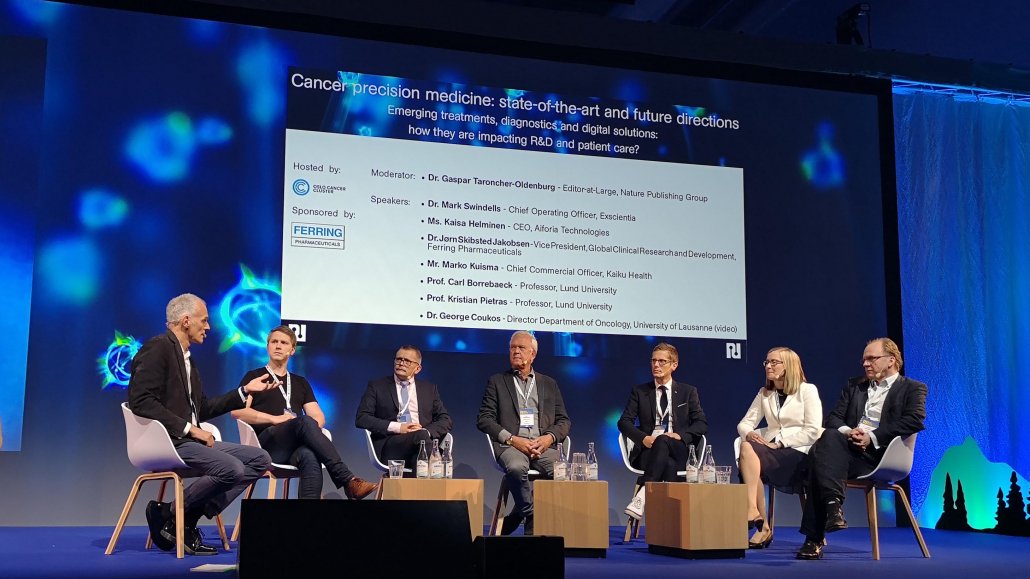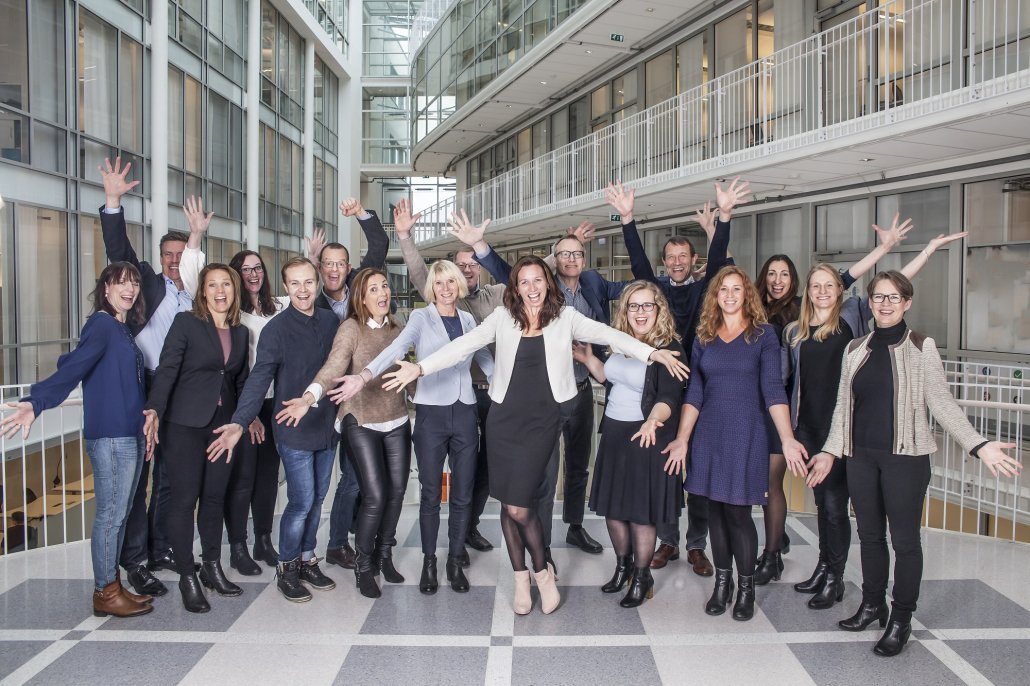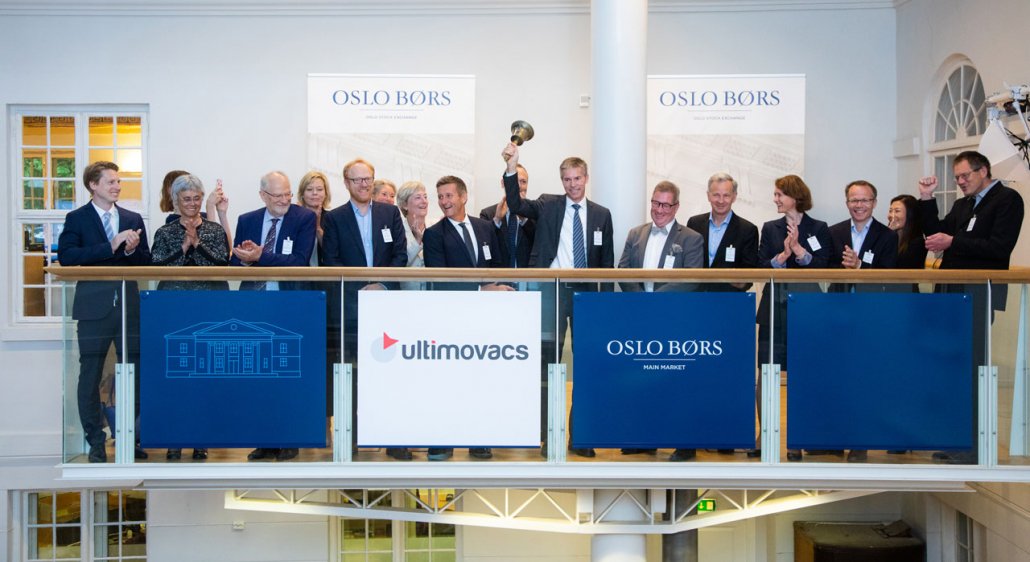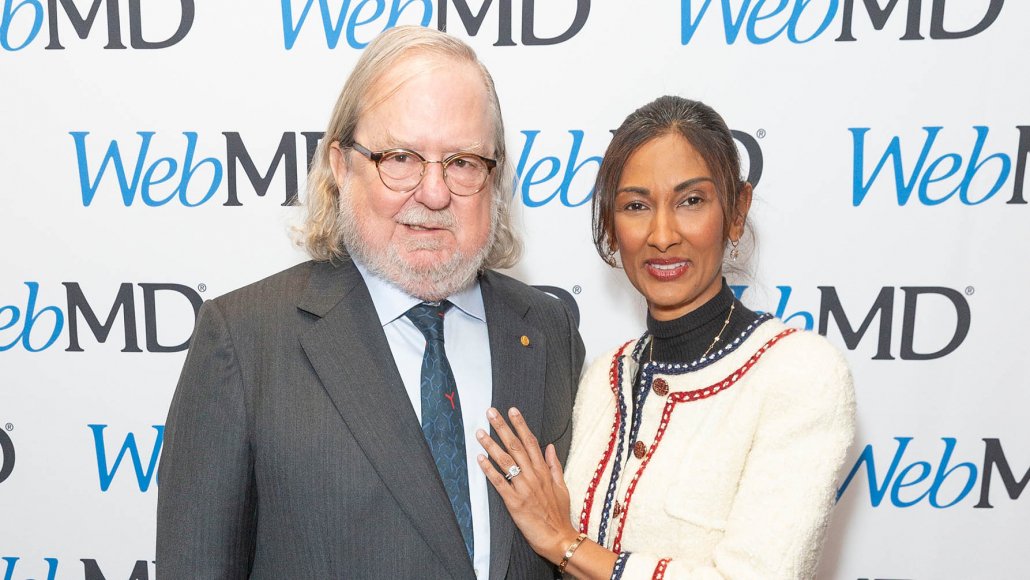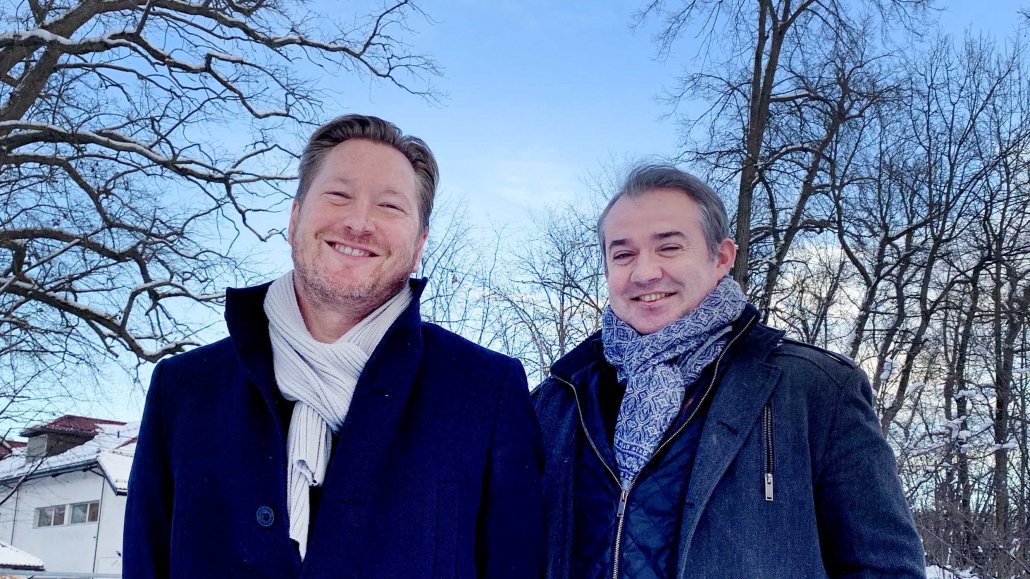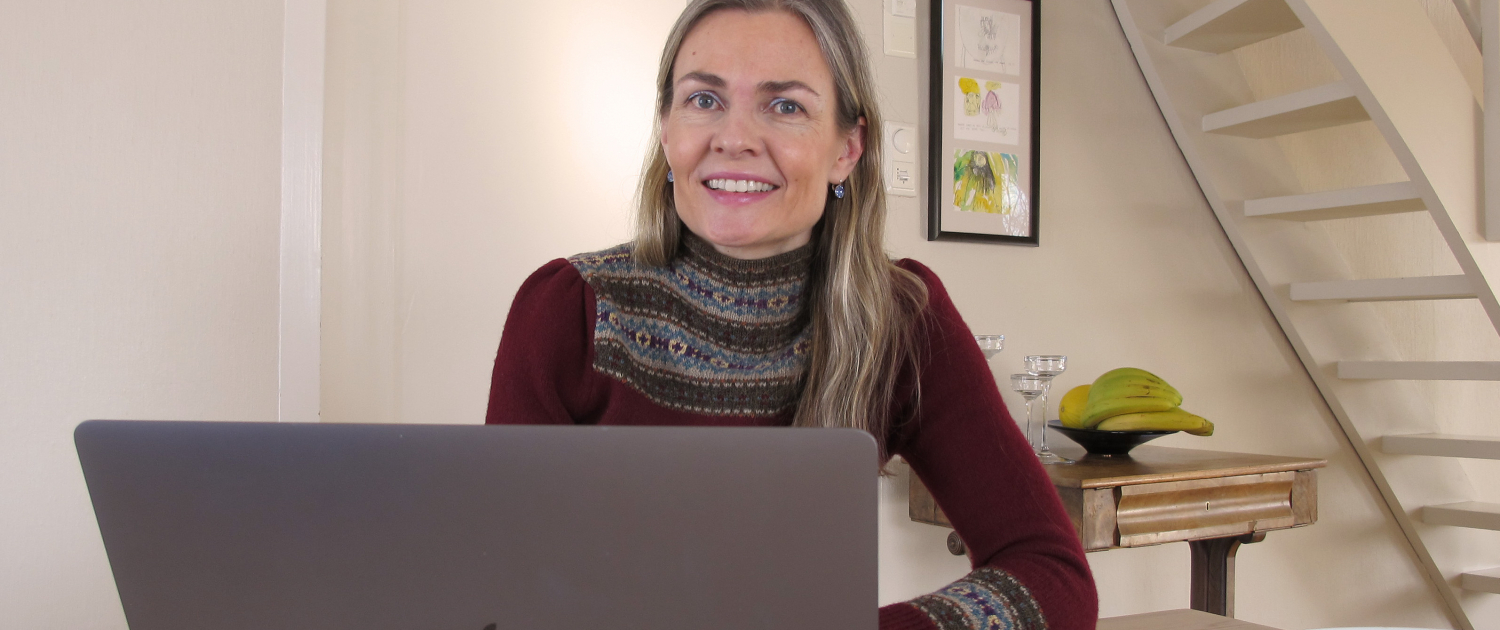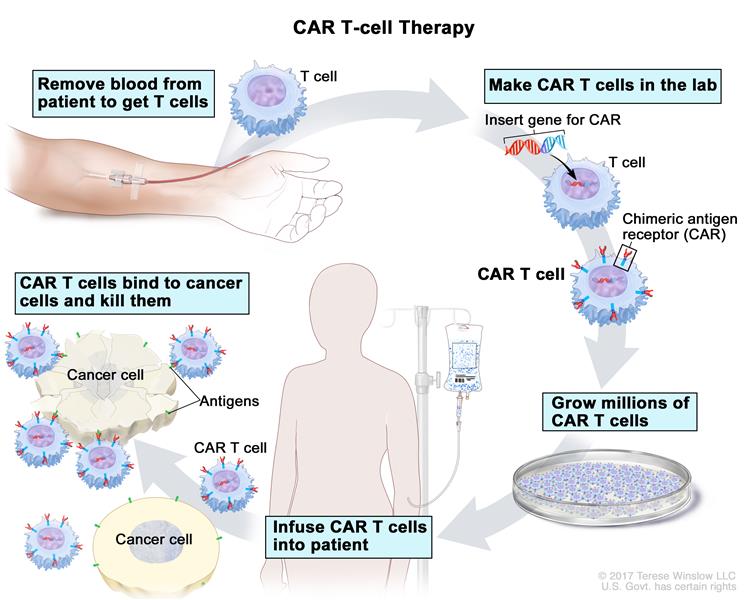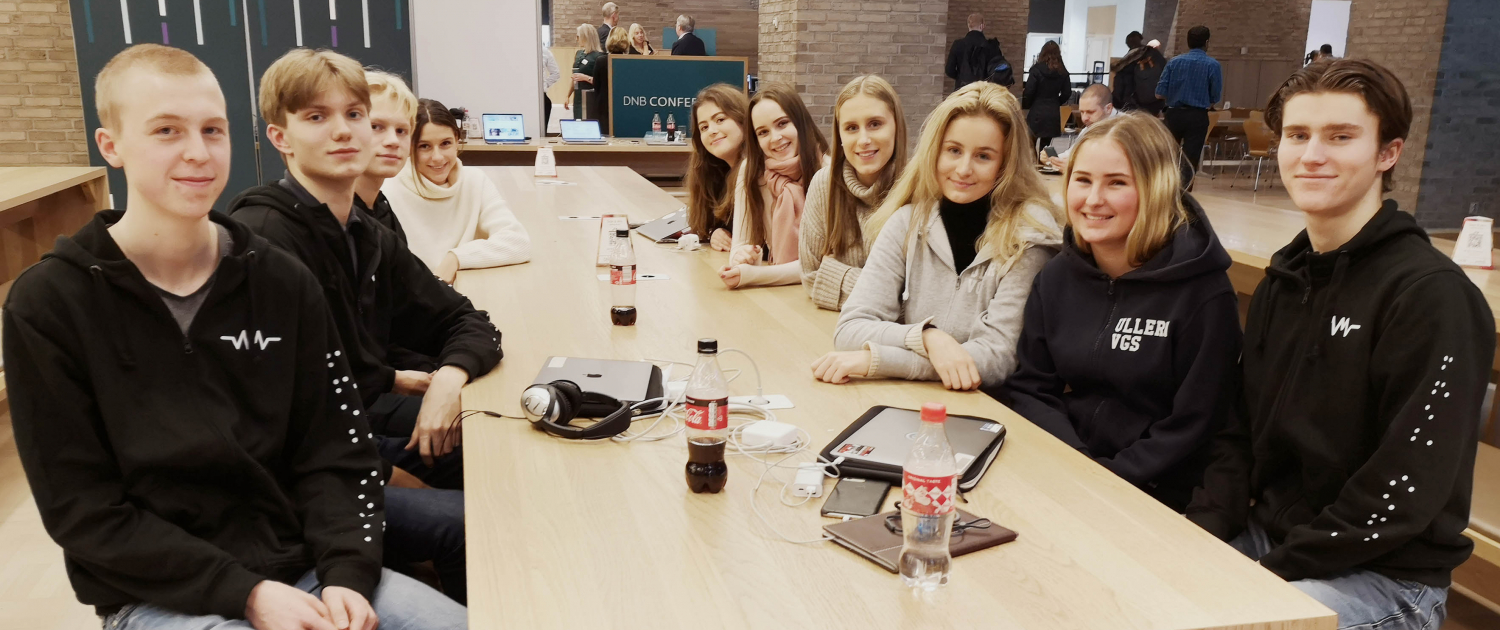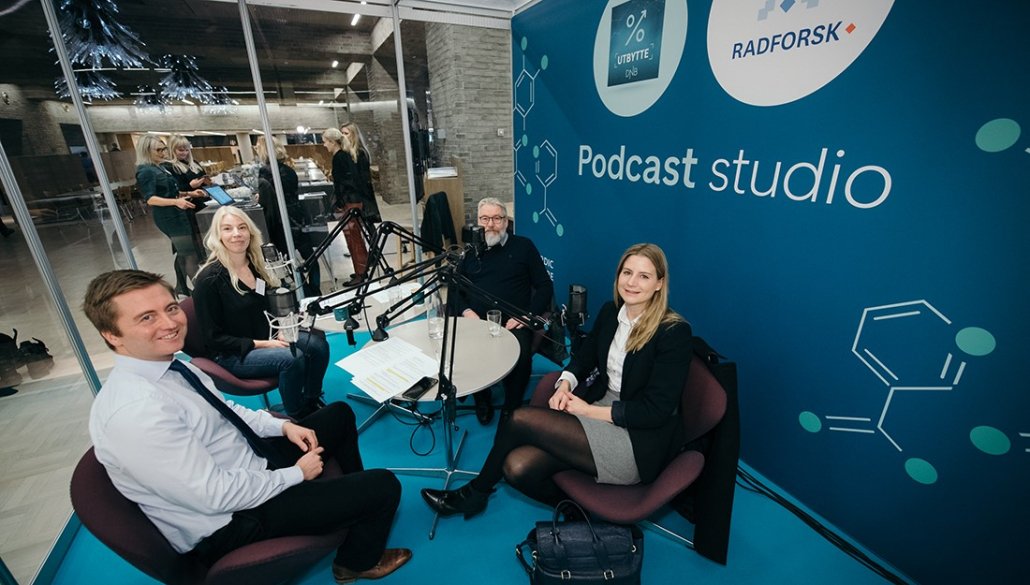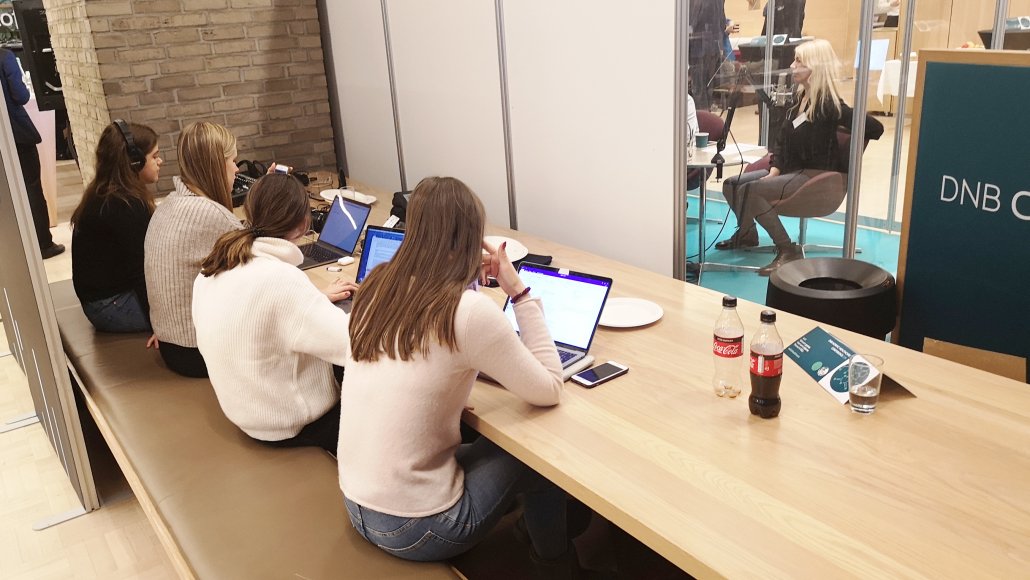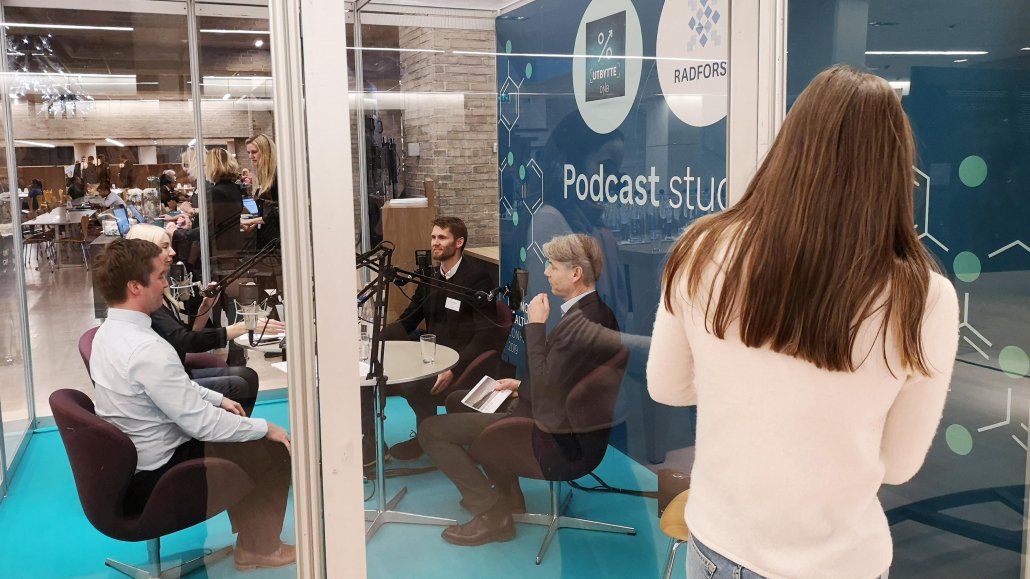Our highlights 2019

Are you wondering what we have been up to during the last year?
2019 has been an eventful year for our organisation and our members. We want to put a spotlight on some of the main developments, including successful events that were held, ongoing and new projects, our political initiatives and a section on biotech news from our members. Scroll down to learn more about what we have done. Click the images or titles to access full articles.
The year in pictures
Cancer Crosslinks
17 January 2019
We kicked off the year with our annual conference for the Norwegian oncology community, namely Cancer Crosslinks. We offered a full-day educational programme featuring distinguished international and national experts. They presented recent advances in precision oncology and cancer immunotherapy. More than 300 participants joined Cancer Crosslinks on 17 January 2019 and enjoyed excellent talks and discussions presented by leading international oncologists and researchers and their Norwegian colleagues.
Oslo Cancer Cluster Incubator expands the labs
1 March 2019
The year continued with more growth in the organisation. The Oslo Cancer Cluster Incubator expanded its laboratories to meet increasing demand from members. The startups have been successful and were in need of more space to perform their research. After moving around some office spaces, and a lot of groundwork to get the infrastructure in place, the two new labs were opened in March. Later in the year, our Incubator was also named one of the Top 20 Best Incubators in Europe, by Labiotech.eu.
The White Paper on the Health Industry and our input
5 april 2019
This year a white paper on the health industry in Norway came out for the first time ever. This was an important event because the document underlined some of our key issues, such as attracting more clinical trials to Norway, making better use of Norwegian health data and opening up for more public – privat collaboration. It was first released in April and a committee hearing was held in June, whereupon the document was approved by parliament in October.
Launch of EU Horizon 2020 project DIGI-B-CUBE
1 May 2019
In May, we launched a new Horizon 2020 project called DIGI-B-CUBE. DIGI-B-CUBE will foster the development of customized solutions and prototypes by providing innovative small and medium-sized enterprises (SMEs) in the EU and Associated Countries with access to vouchers of up to € 60,000. The voucher scheme will be launched in April 2020. Throughout the year, SMEs could engage in the project’s activities by participating in sectoral and cross-sectoral workshops as well as matchmaking sessions.
#InternationalClinicalTrialsDay
20 May 2019
This was also the first year that we celebrated International Clinical Trials Day on the 20 May 2019, because clinical trials are an important way for patients to gain access to new treatments. We wanted to put a spotlight on the lack of clinical trials in Norway and present some concrete suggestions on how this can be improved. So we asked for help from some of the brightest minds in the world! MBA students from Cambridge University agreed to write a report on patient recruitment to clinical trials in Norway, including incentives for how it can be improved.
Arendalsuka19 – Together for precision medicine
16 August 2019
During Arendalsuka 2019, we arranged a breakfast meeting on the development of cancer treatments of the future, together with LMI and Kreftforeningen. Arendalsuka has become an important arena for those who want to improve aspects of Norwegian society. We were there this year to meet key players to accelerate the development of cancer treatments. We wanted to highlight the cancer treatments of the future and whether Norway is equipped to keep up with the rapid developments in precision medicine.
New science and research programme at Ullern Upper Secondary School
17 August 2019
When the school year began, we were proud to announce the opening of a completely new science and research programme at Ullern Upper Secondary School. The programme is a collaboration between Oslo Cancer Cluster and Ullern Upper Secondary School. It is for students who wish to learn how researchers work. It will qualify students for university studies and specialise them in biomedical research, technology and innovation. Oslo Cancer Cluster will provide access to mentors, work placements and lectures.
NLS Days – Cancer Precision Medicine Session
12 September 2019
We were also present at the NLS Days in Malmö this year. We promoted the Norwegian life science industry and Nordic collaboration by standing together with other key players in one stand. This stand was visited by the Minister at the Norwegian Embassy in Stockholm. We also hosted the session on oncology titled “Cancer precision medicine: State-of-the-art and future directions”. The session covered recent advances in cancer immunotherapy and cell- and gene therapies.
TOP BIOTECH NEWS
Vaccibody treats first patient with cervical cancer
23 February 2019
Our member Vaccibody has had an exciting year. From announcing that they have raised NOK 230 million in private placements, to showing proof-of-concept for their immunotherapy platform, called VB.10. Early in the year, they entered a clinical collaboration with pharma company Roche to test their treatment on patients with cervical cancer. During the summer, Vaccibody publicized that they had seen strong neo-antigen specific T cell responses in the patients of their clinical trials.
BerGenBio success with new treatment
3 April 2019
Our member BerGenBio has also had a successful year. Their immunotherapy drug bemcentinib has shown encouraging results in several clinical trials and they have received FDA Fast Track Approval. A Phase 2 combination trial for elderly patients with AML (acute myeloid leukemia) showed the treatment is well tolerated and has a promising efficacy. BerGenBio are also currently testing bemcentinib in combination with other immunotherapy drugs for patients with non-small cell lung cancer (NSCLC), triple-negative breast cancer (TNBC) and melanoma (skin cancer).
Ultimovacs enters Oslo Stock Exchange
3 June 2019
Our member Ultimovacs, a Norwegian cancer vaccine company, raised NOK 370 million and entered the Oslo Stock Exchange. The funds will go to financing the development of their universal cancer vaccine, UV1. A large clinical study will document the effect of the vaccine. First for patients with malignant melanoma (a type of skin cancer) at around 30 hospitals in Norway, Europe, USA and Australia. Ultimovacs also announced a large randomised study for 118 patients with mesothelioma, which will be placed at six hospitals in the Nordics.
Nobel laureate joins Lytix Biopharma board
14 June 2019
In June, our member Lytix Biopharma announced that the Nobel Laureate Dr James Allison and his wife oncologist Dr Padmanee Sharma will become strategic advisors for the company. Dr James Allison was, together with Dr Tasuku Honjo, awarded the 2018 Nobel Prize in Medicine last December. The renowned cancer researchers received the award for their ground-breaking work in immunology. It has become the basis for different immunotherapies, an area within cancer therapy that aims to activate the patient’s immune system to fight cancer.
OncoImmunity joins NEC corporation
2 August 2019
In the end of summer, the Japanese tech giant NEC Corporation acquired our member OncoImmunity AS, a Norwegian bioinformatics company that develops machine learning software to fight cancer. NEC has recently launched an artificial intelligence driven drug discovery business and stated in a press release that NEC OncoImmunity AS will be integral in developing NEC’s immunotherapy pipeline.
From all of us, to all of you …
A Very Merry Christmas and a Happy New Year!

